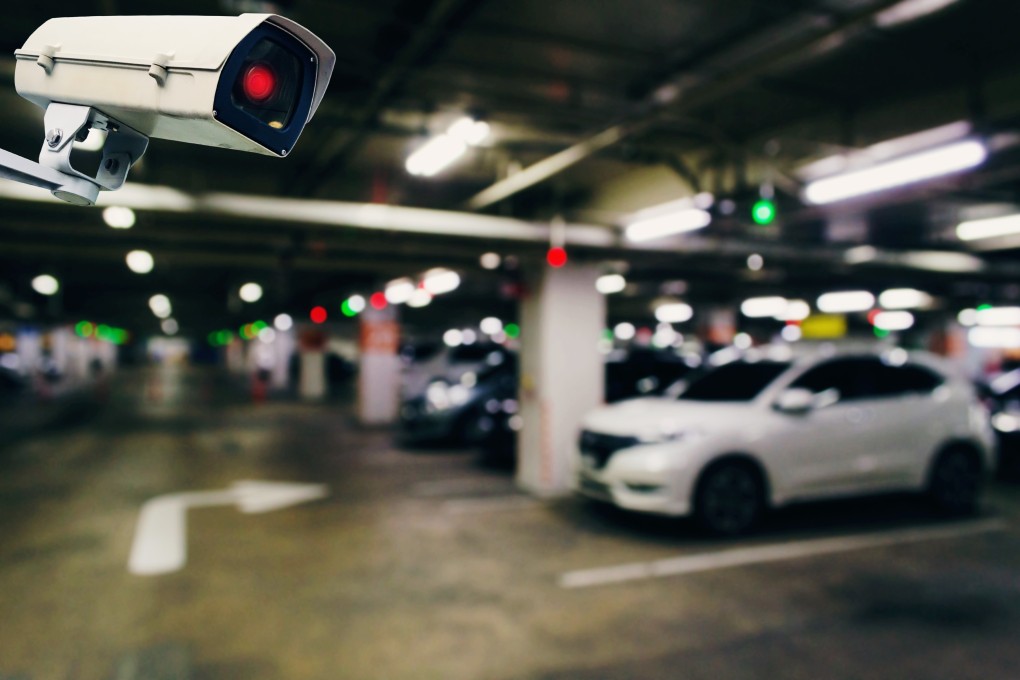Facial recognition bans become less palatable amid surging crime rates in US cities
- Virginia will end a prohibition on the use of the technology by local police in July and California and the city of New Orleans could be next
- Critics have pointed to racial biases in facial recognition, but police say they need every possible tool to combat rising crime

Facial recognition is making a comeback in the United States as bans to thwart the technology and curb racial bias in policing come under threat amid a surge in crime and increased lobbying from developers.
Virginia in July will eliminate its prohibition on local police use of facial recognition a year after approving it, and California and the city of New Orleans as soon as this month could be next to hit the undo button.
Homicide reports in New Orleans rose 67 per cent over the last two years compared with the pair before, and police say they need every possible tool.
“Technology is needed to solve these crimes and to hold individuals accountable,” police Superintendent Shaun Ferguson told reporters as he called on the city council to repeal a ban that went into effect last year.
Efforts to get bans in place are meeting resistance in jurisdictions big and small from New York and Colorado to West Lafayette, Indiana. Even Vermont, the last state left with a near-100 per cent ban against police facial-recognition use, chipped away at its law last year to allow for investigating child sex crimes.
From 2019 through 2021, about two dozen US state or local governments passed laws restricting facial recognition. Studies had found the technology less effective in identifying Black people, and the anti-police Black Lives Matter protests gave the arguments momentum.